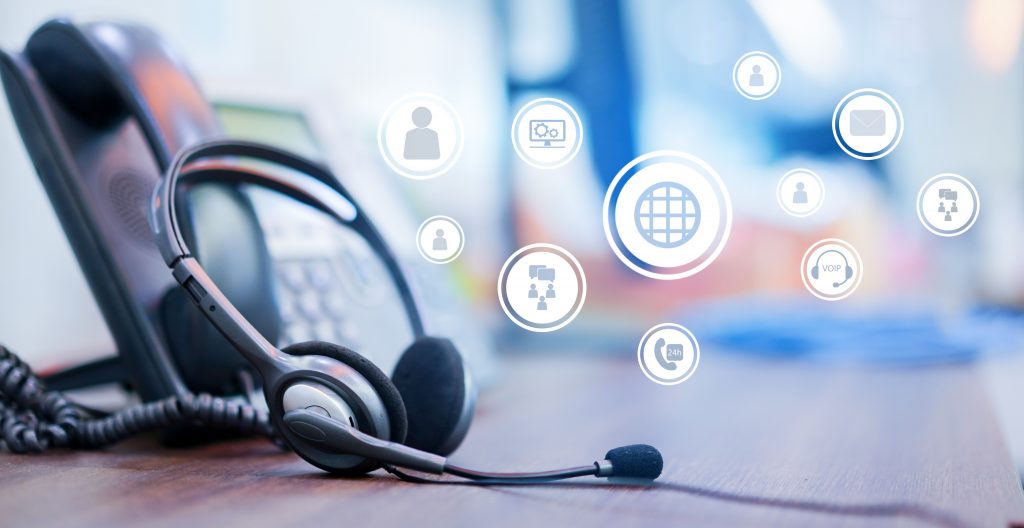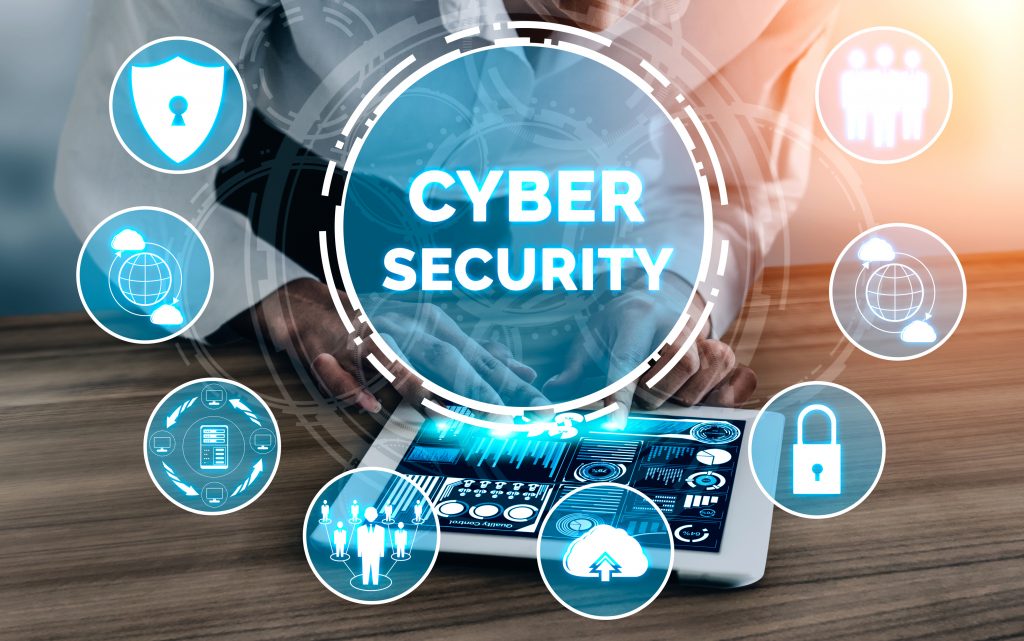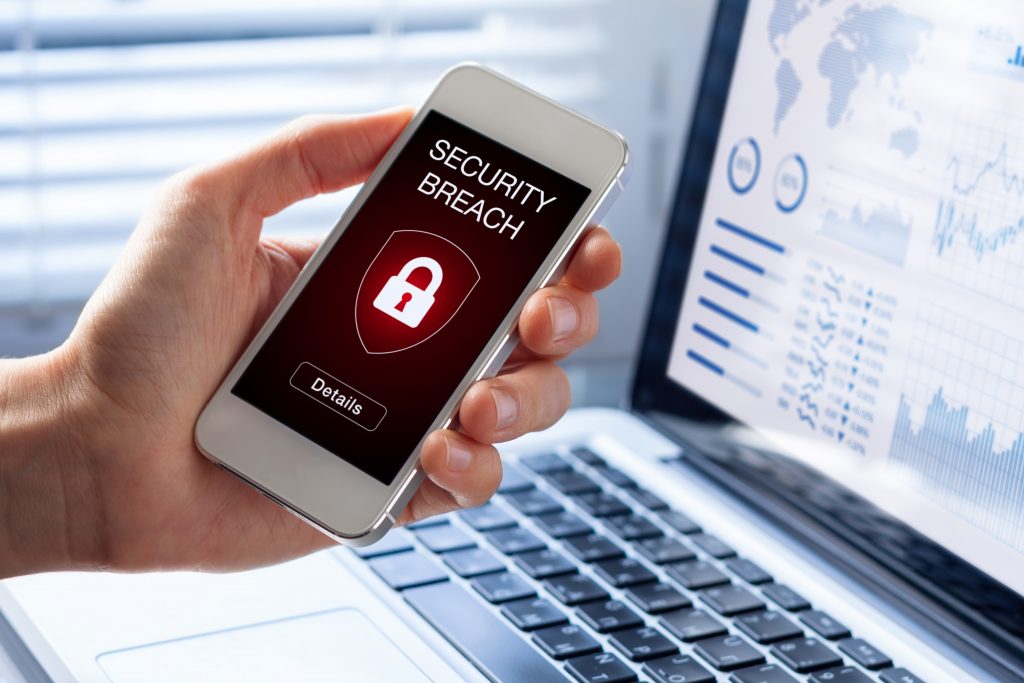
PBX and VoIP are two types of communication networks used to route phone calls, voicemail, and other types of business communication. In recent years, many business owners have moved away from analog PBX systems (landline phone networks) that require physical phone control systems either in the office or hosted offsite. Instead, more people are using cloud-based calling systems that route communication through online software using the internet. In addition to freeing up space in the office and cutting unnecessary costs paid to phone companies, VoIP systems also allow businesses to personalize and integrate unique software and technology to improve business communications. Whether your employees are all in one office, spread across several locations, or you have a mostly remote workforce, VoIP systems give you the flexibility to route calls, capture voicemails, conference in numerous callers, and even use voice menus and video conferencing tools. In most cases, your employees can even use their computers or their own cellphones, so you don’t even have to worry about traditional phone handsets. The possibilities are endless when it comes to the many ways that VoIP improves business communication.
What is PBX?

Private Branch Exchange (PBX) phone systems are the old-fashioned systems set up using landline telephones that are connected to terminal adaptors that move calls between individuals within a phone network. If you’ve ever watched a movie or TV show set in the early days of telephone use, you may have seen one of the original PBX systems that required employees to physically plug wires into connectors that routed calls to the correct recipient.
Modern PBX systems still use an exchange system like these old-fashioned solutions, but the new PBX systems are much smaller and more manageable. Using an on premise or remote call controllers or servers, calls are routed to your employee’s office phones. Housed within your phone’s handset, are the necessary tools that allow your employees to select extensions, make calls, leave voicemails, and perform a number of other tasks. Traditional or “analog” PBX systems are run through a phone line. They need to be plugged into these lines, and most phone services require monthly service fees and ongoing maintenance.
What is Hosted PBX?
Hosted PBX is a hybrid of the analog exchange systems and Voice Over Internet Protocol (VoIP) systems. Rather than using a call control center or onsite network (plugging your phones into a phone line), Hosted PBX systems use an internet connection to receive and route incoming calls and send outgoing communications through an offsite system that is typically still managed (hosted) using a traditional PBX call control center format. While you don’t have to deal with any of the physical PBX hardware on site, someone else is still hosting an analog PBX for your business.
Is there a Difference Between VoIP & Hosted PBX?

VoIP systems, which are also called IP telephone or cloud-hosted PBX systems, are entirely run online via cloud systems. Your internet network is your phone network. All of your calls, voicemails, conferencing, and other features are controlled through cloud-based software, so on-site hardware is virtually eliminated. All you need is a phone that has the capability to function within a VoIP system and an internet connection. Most devices that connect to the internet (cell phones, computers, tablets) can be used to make calls.
How Can I Switch My Business to a Hosted or Cloud-Based Phone System?
If you’re interested in switching from an analog or traditional hosted PBX system to a cloud-hosted VoIP system, the IT ArchiTeks team can help. We offer VoIP installation and maintenance services to help you make the most of your communication network. Still not sure that VoIP is the best option for your business? Give our team a call. One of our knowledgeable experts will be happy to talk to you about your options and help you find the ideal solution that works for your business needs.






